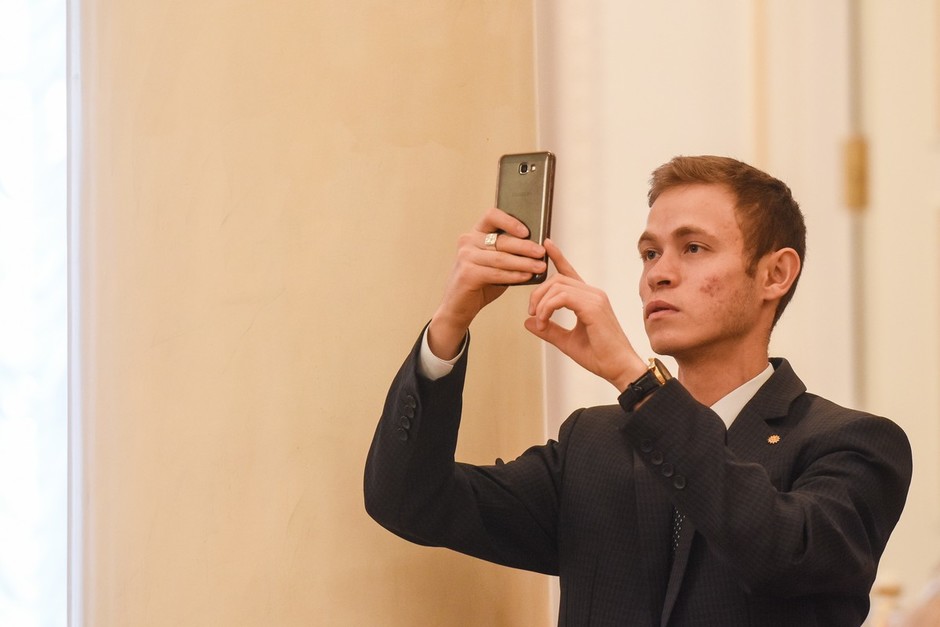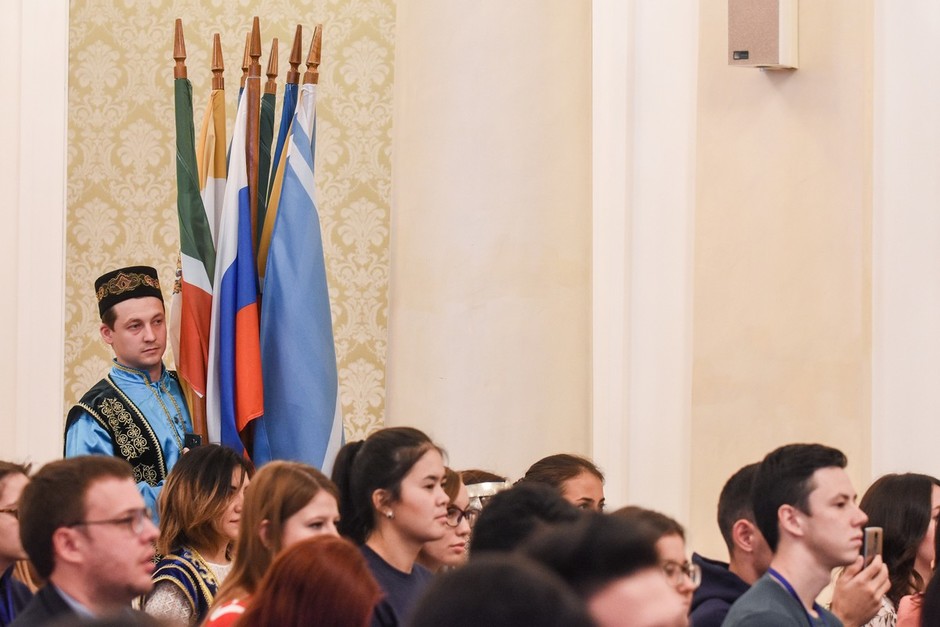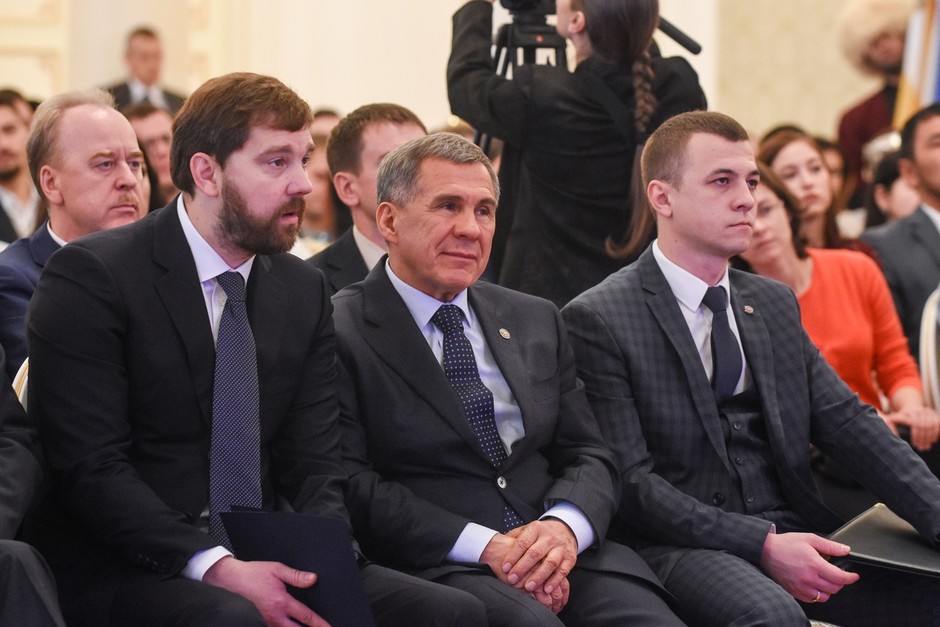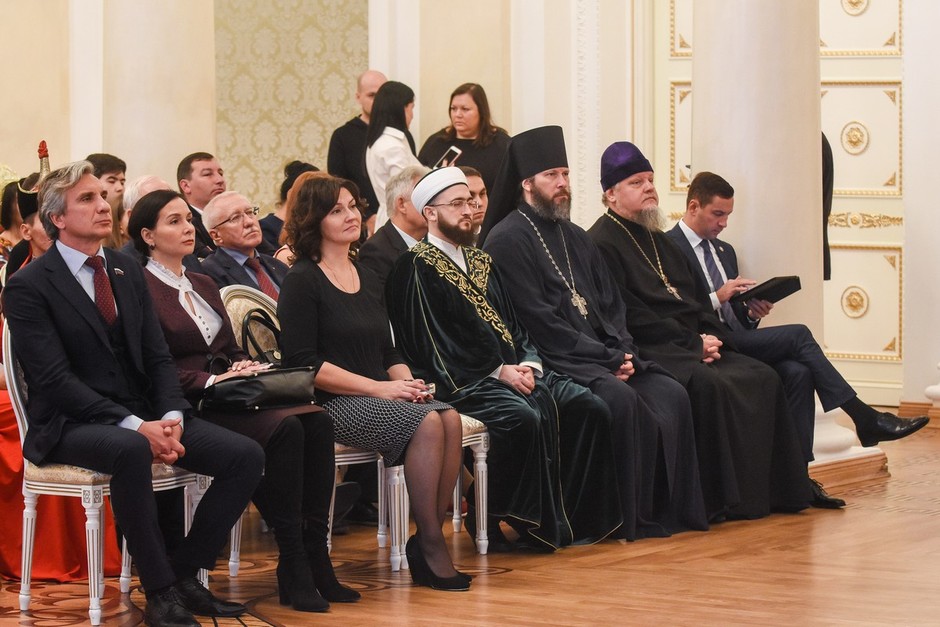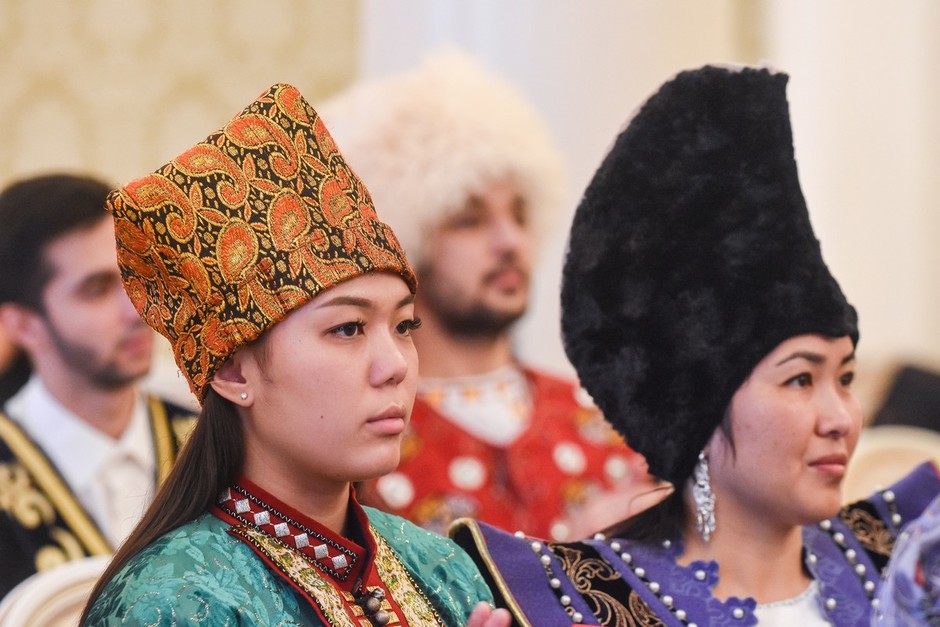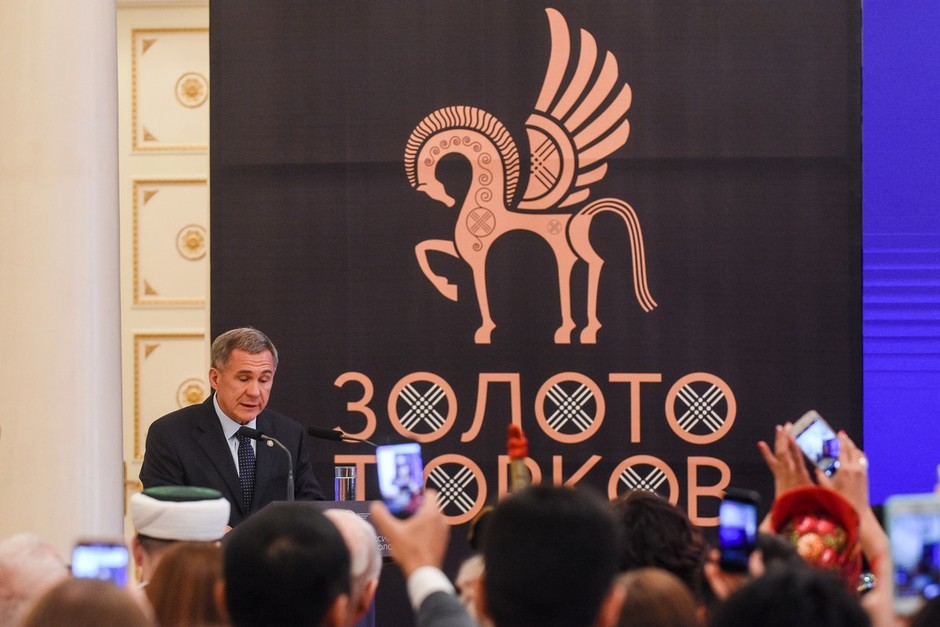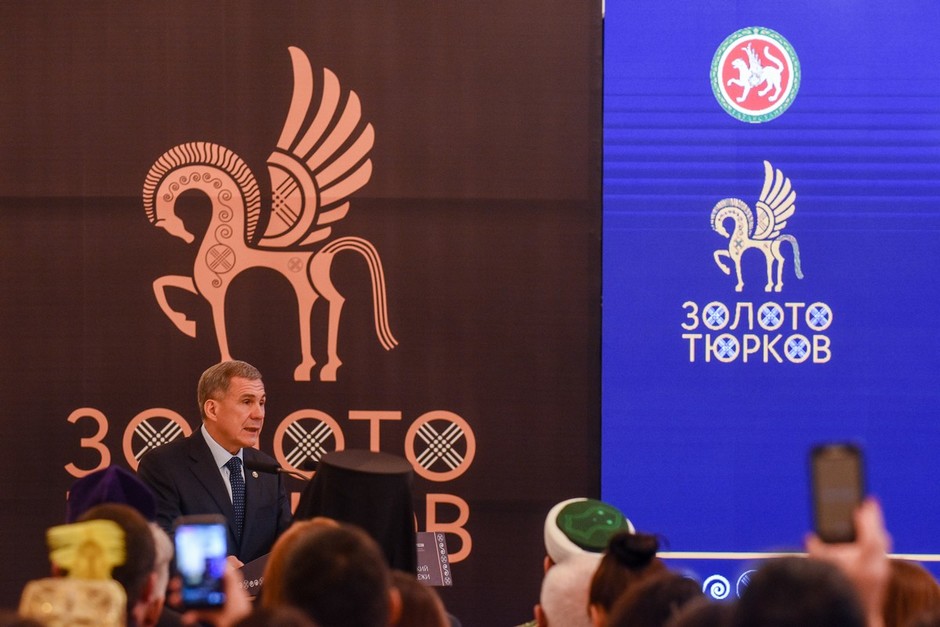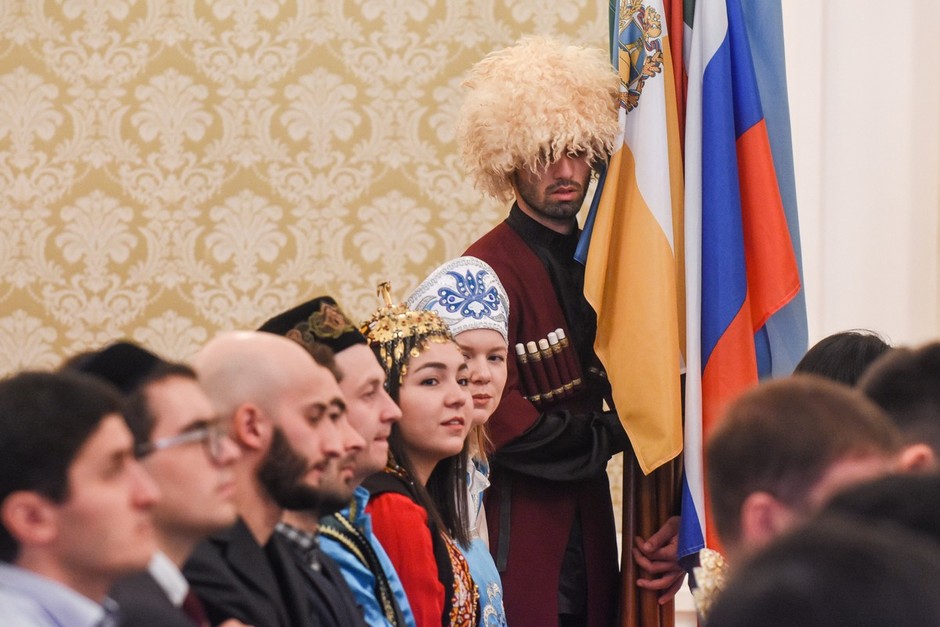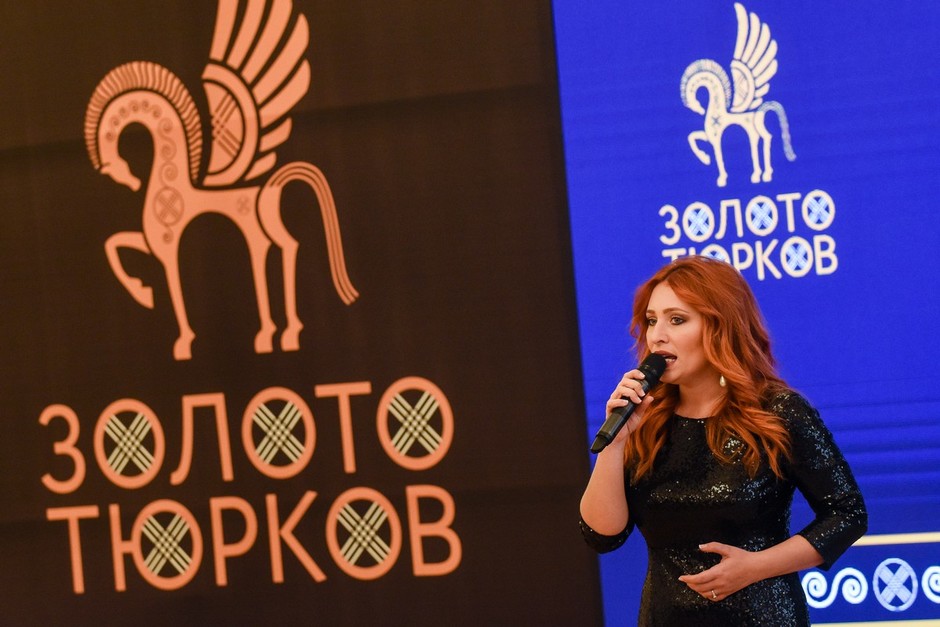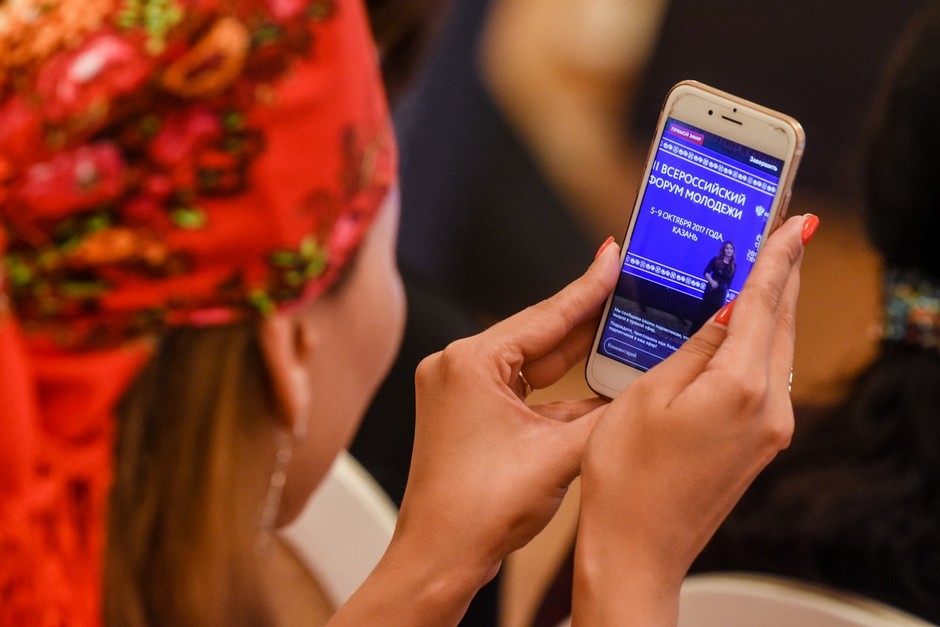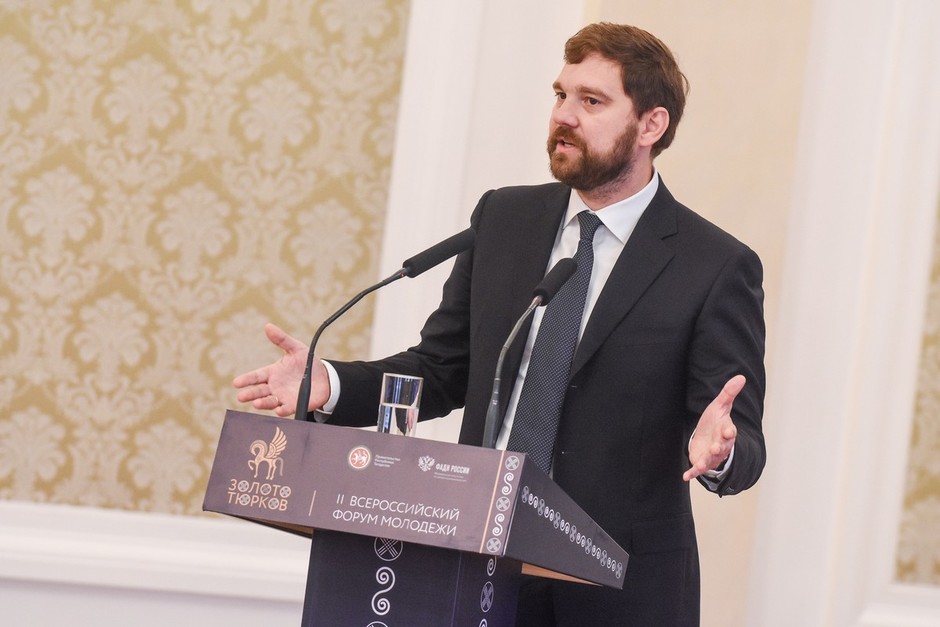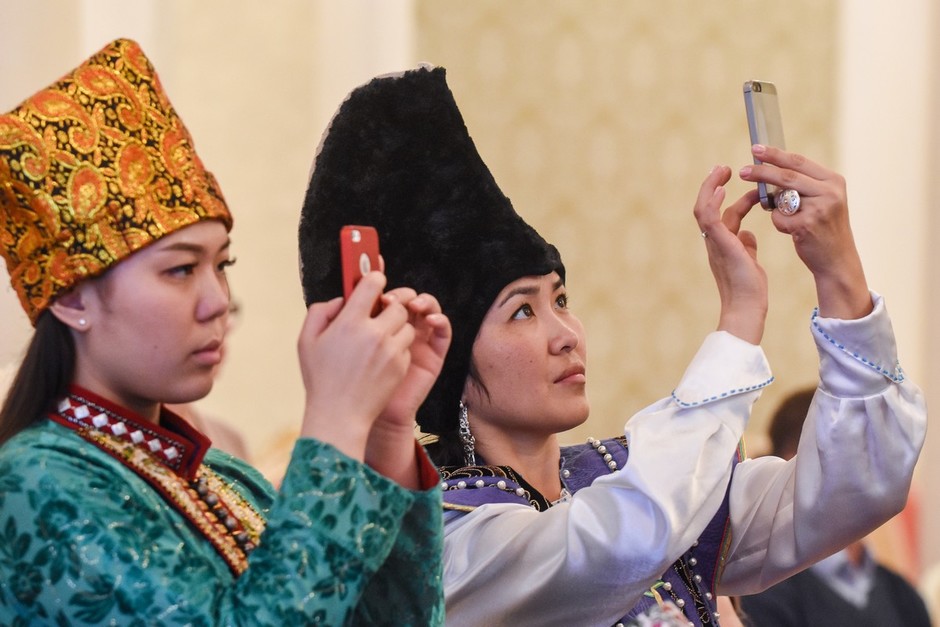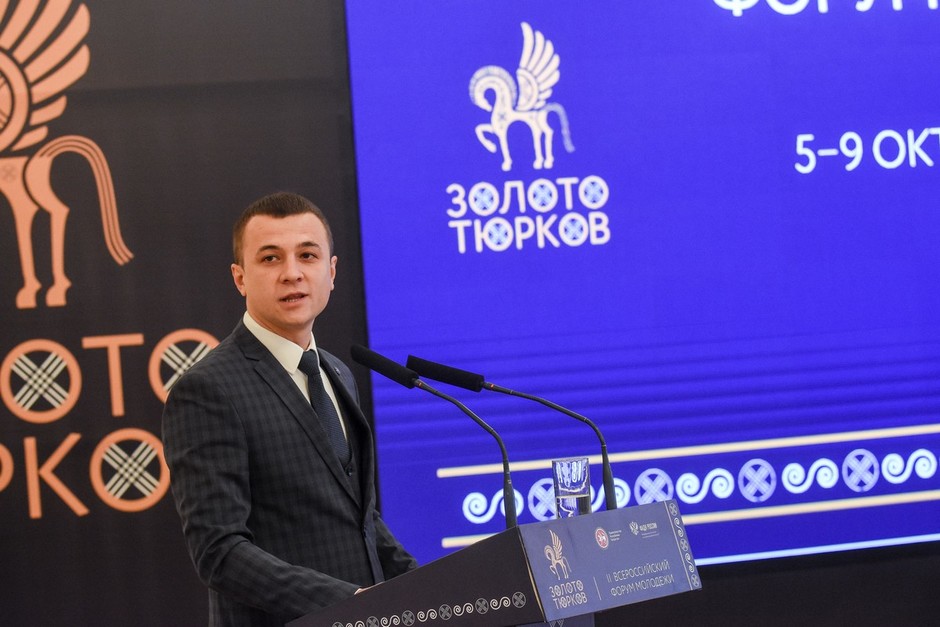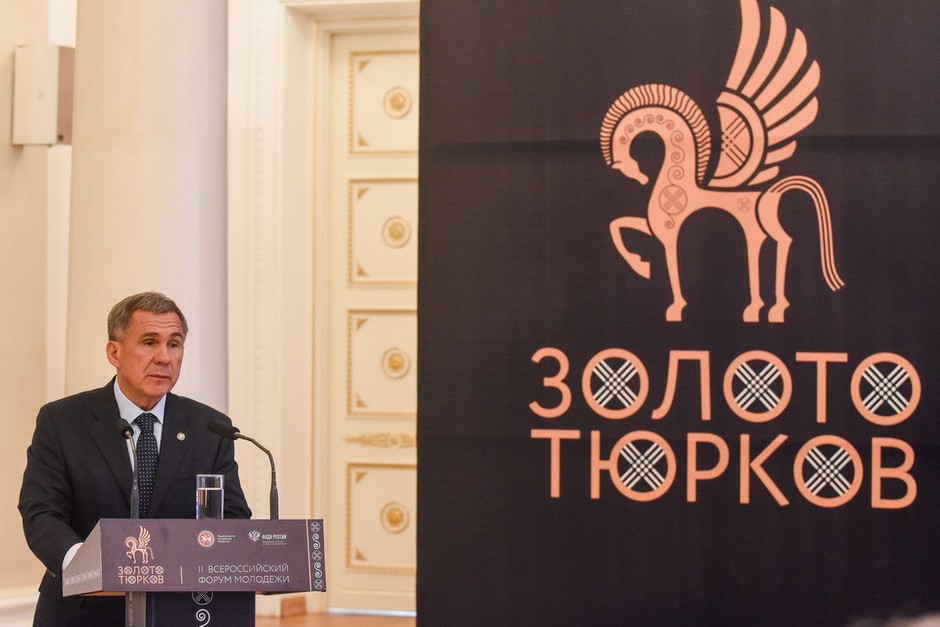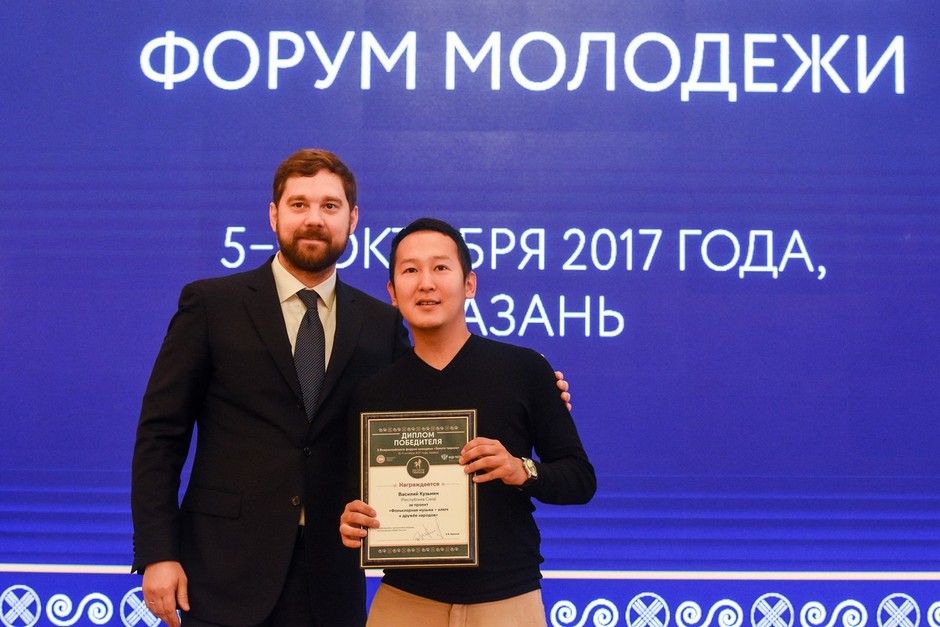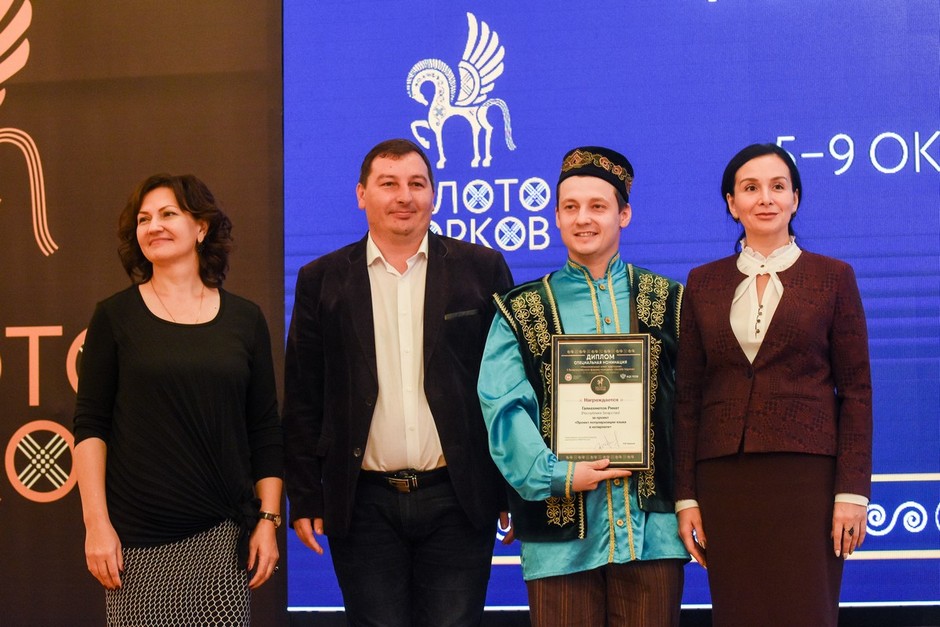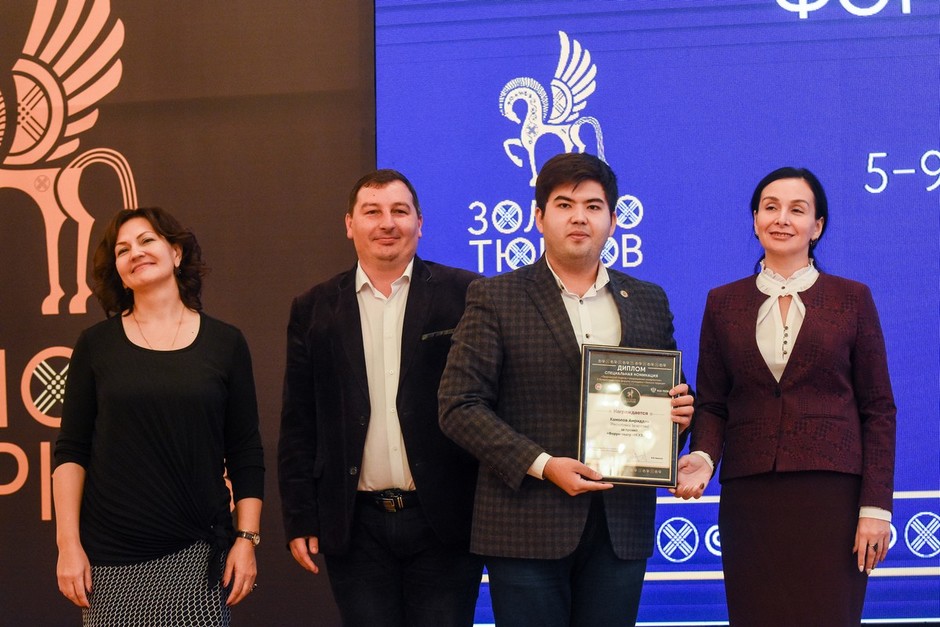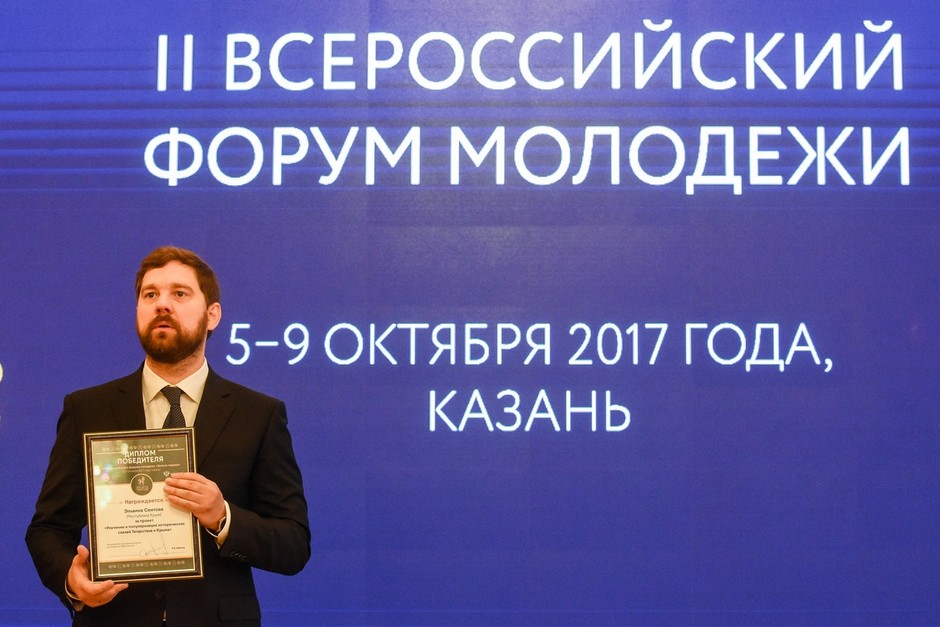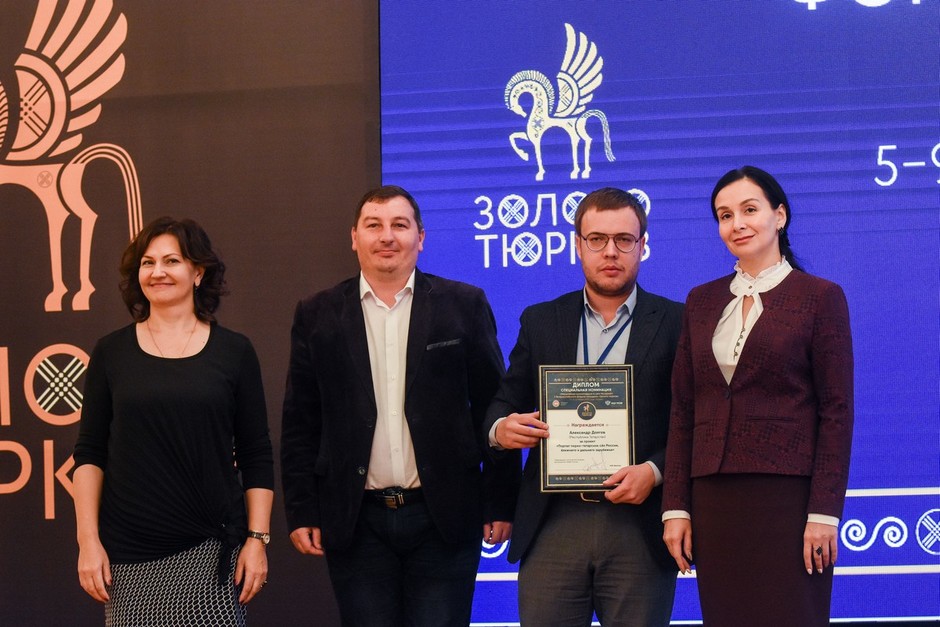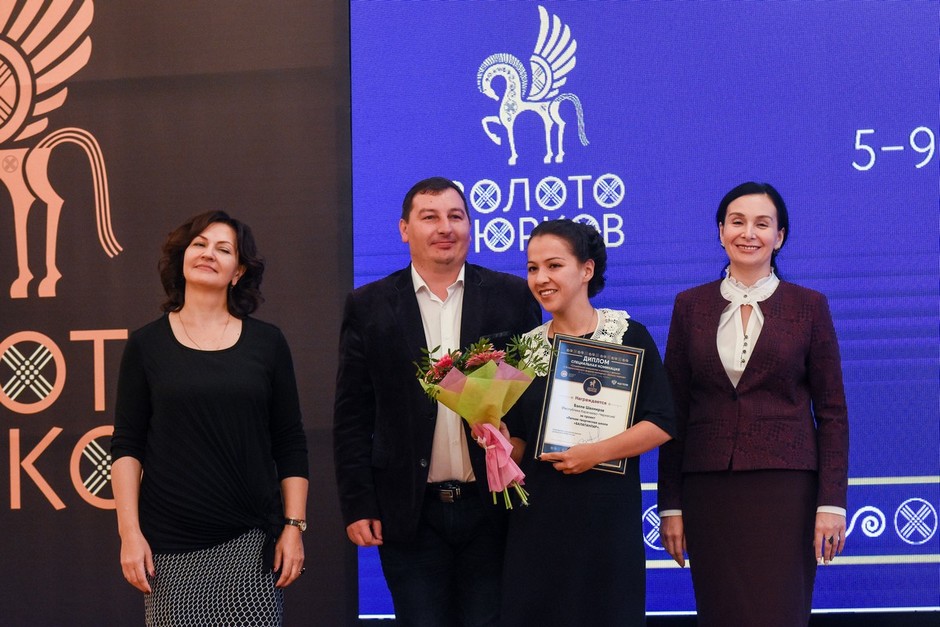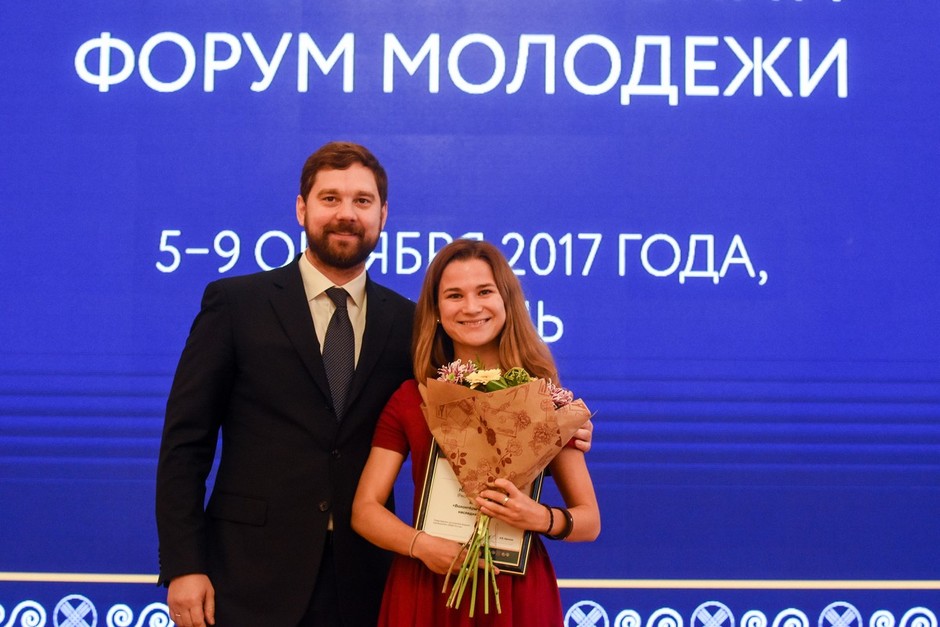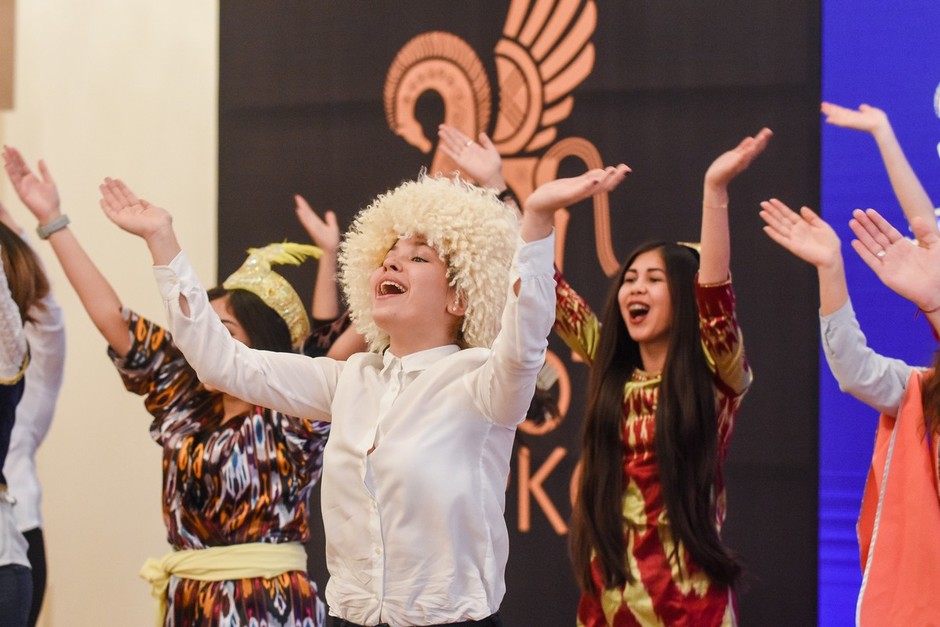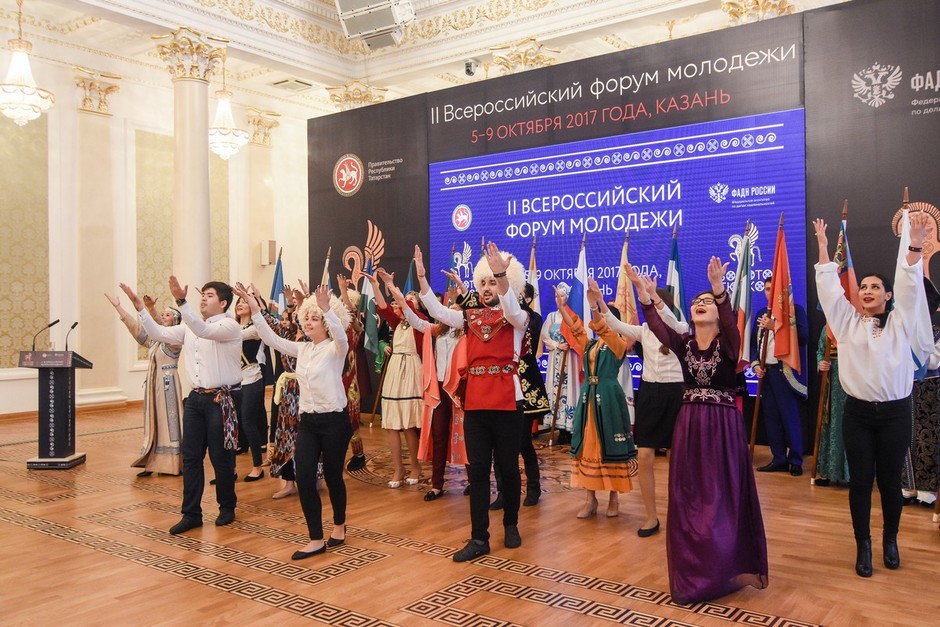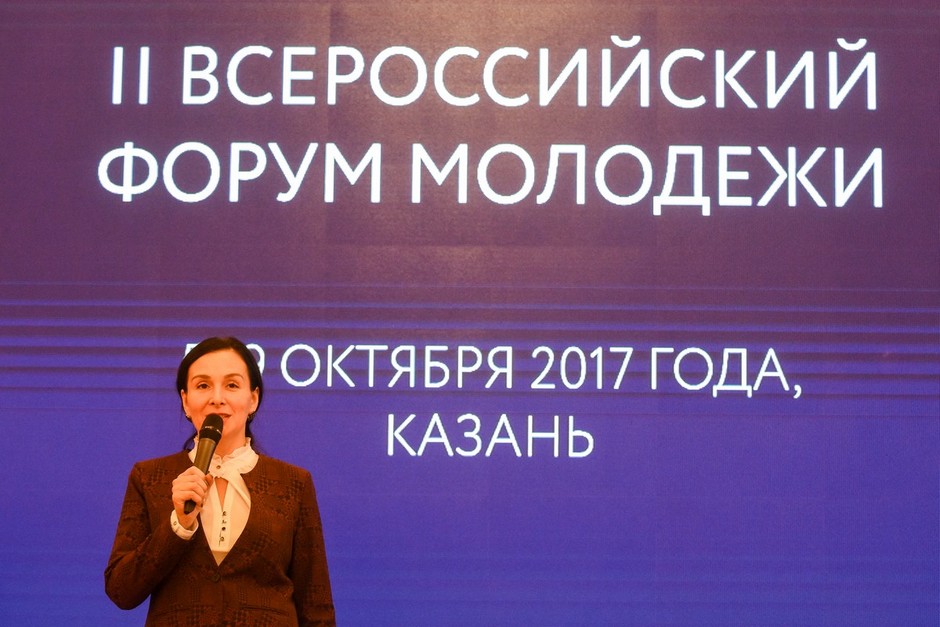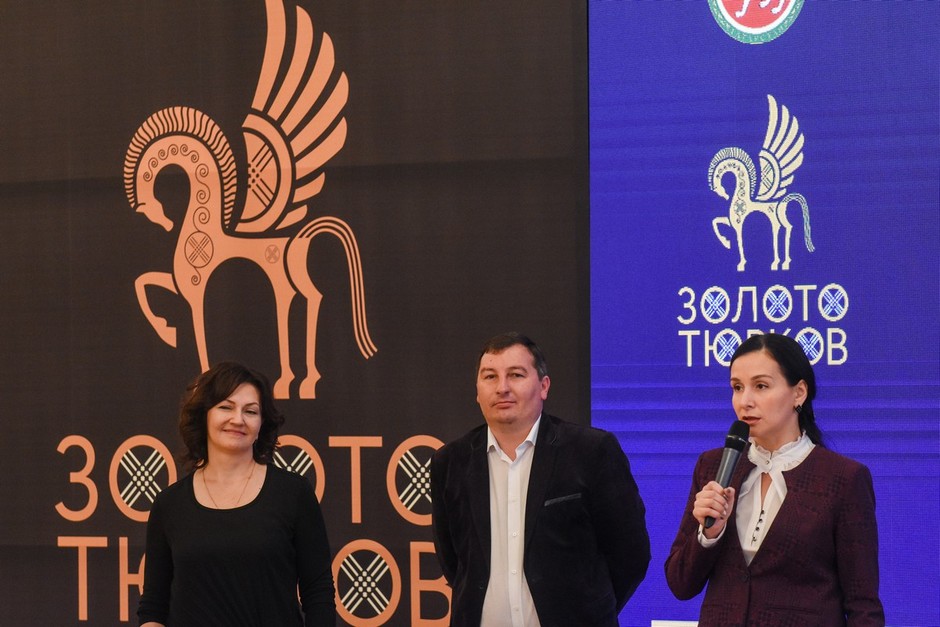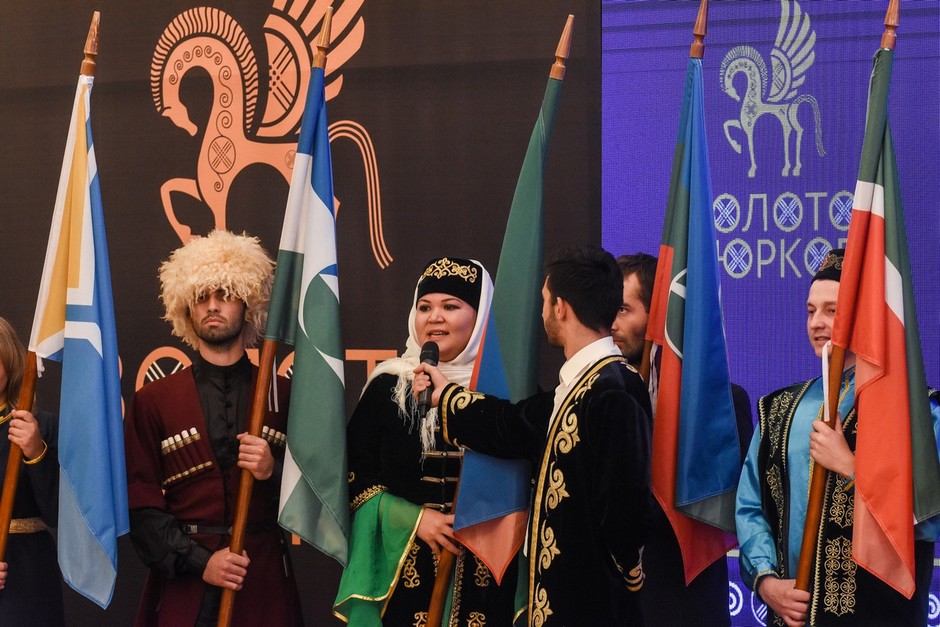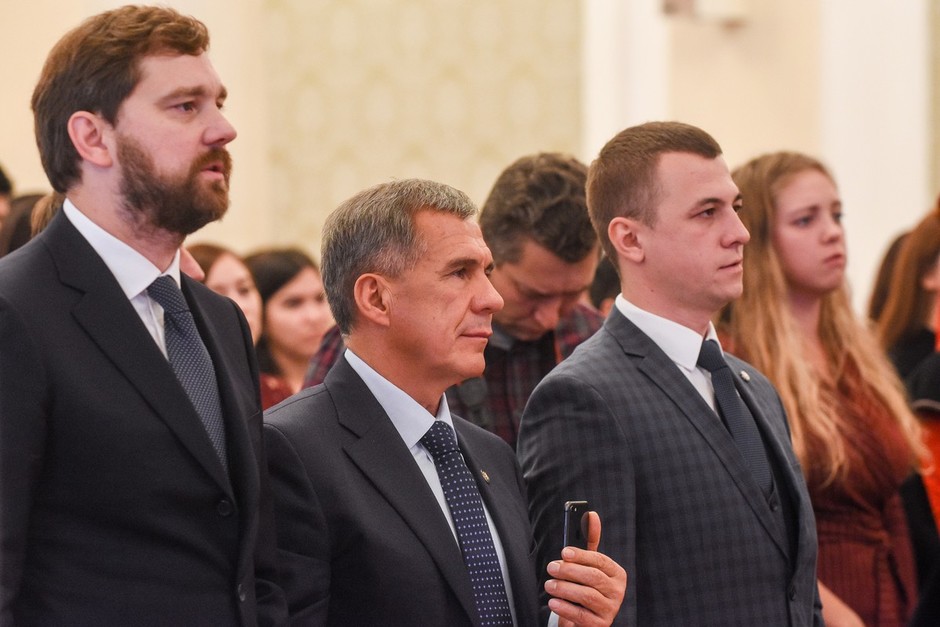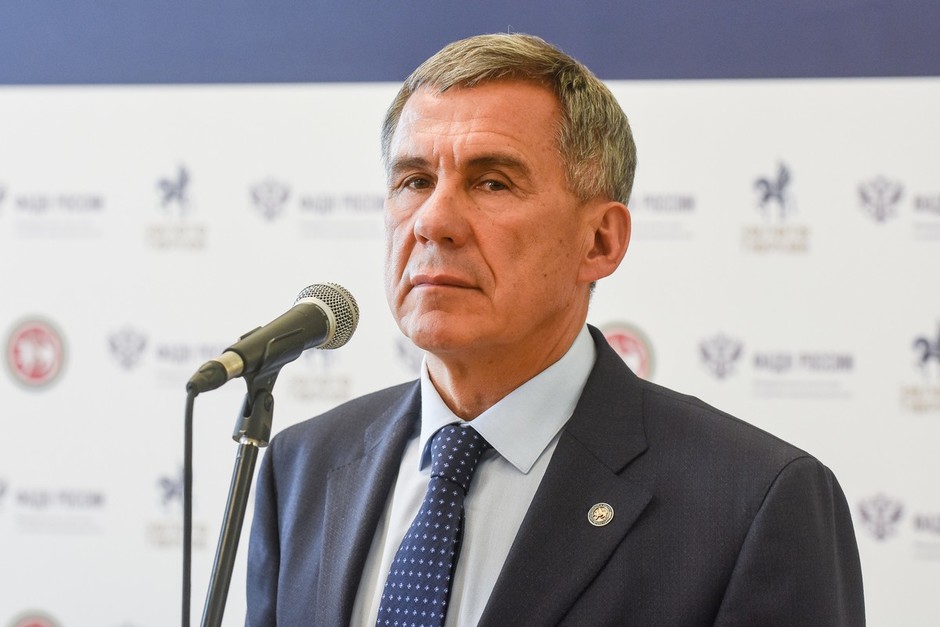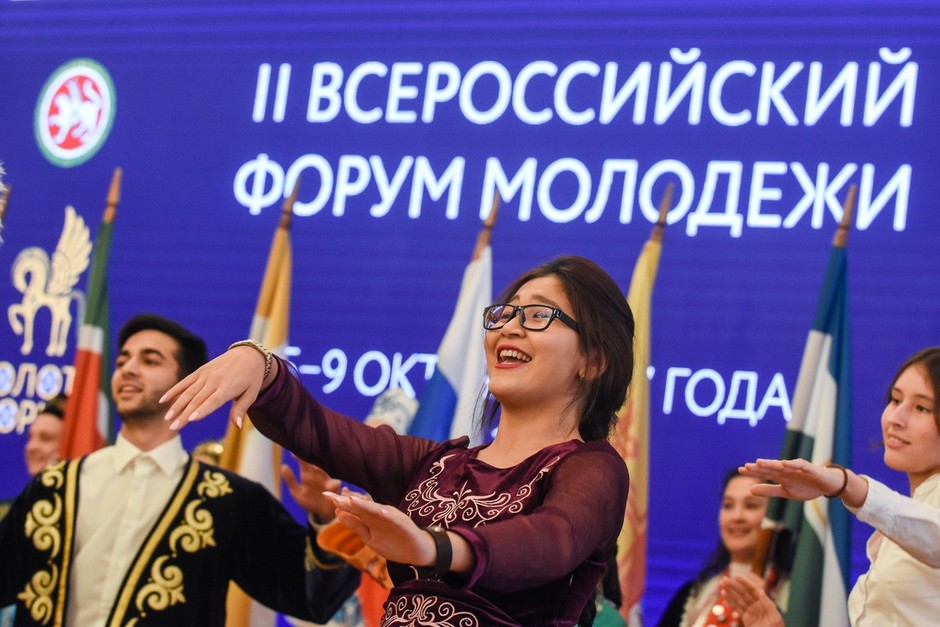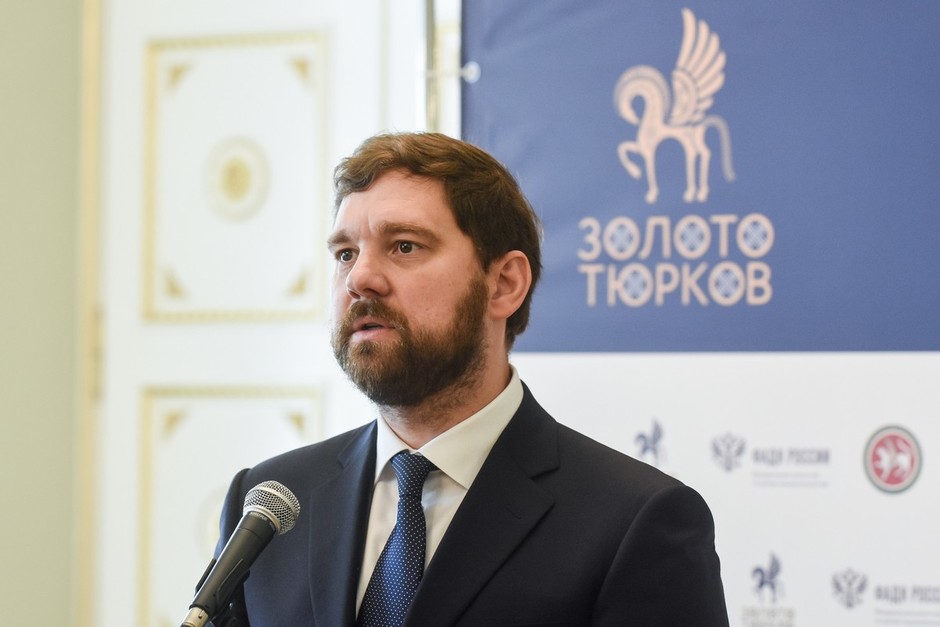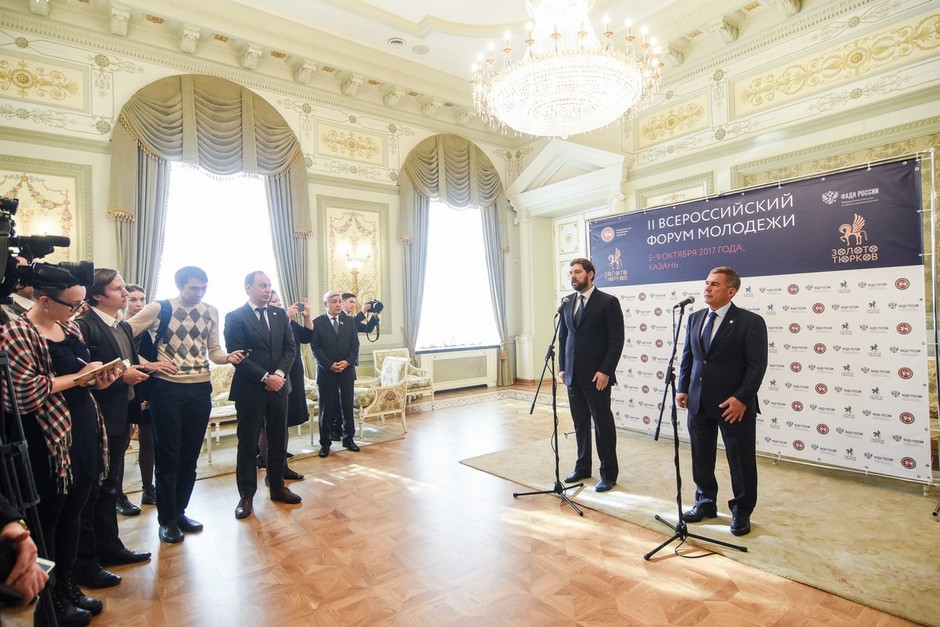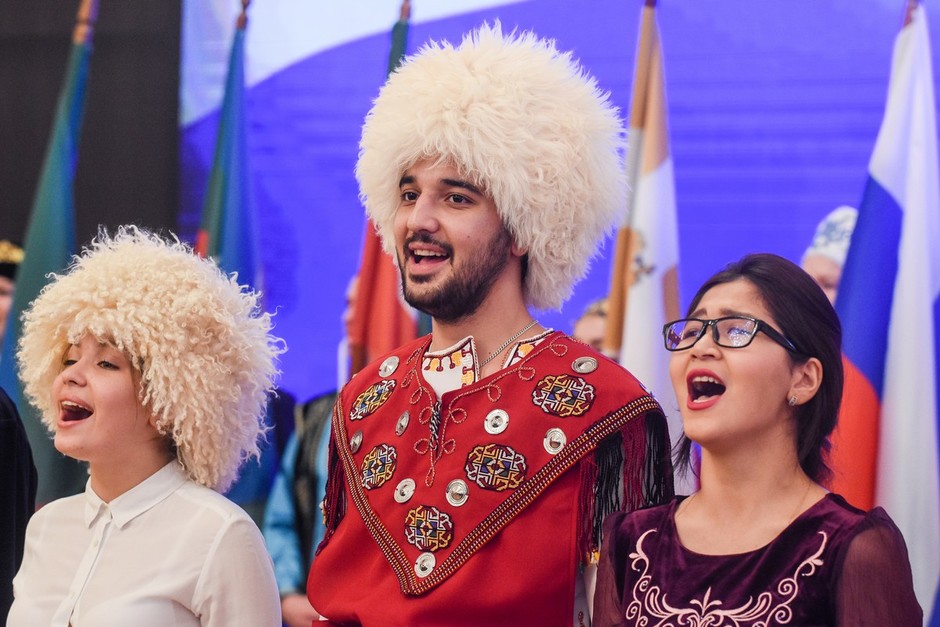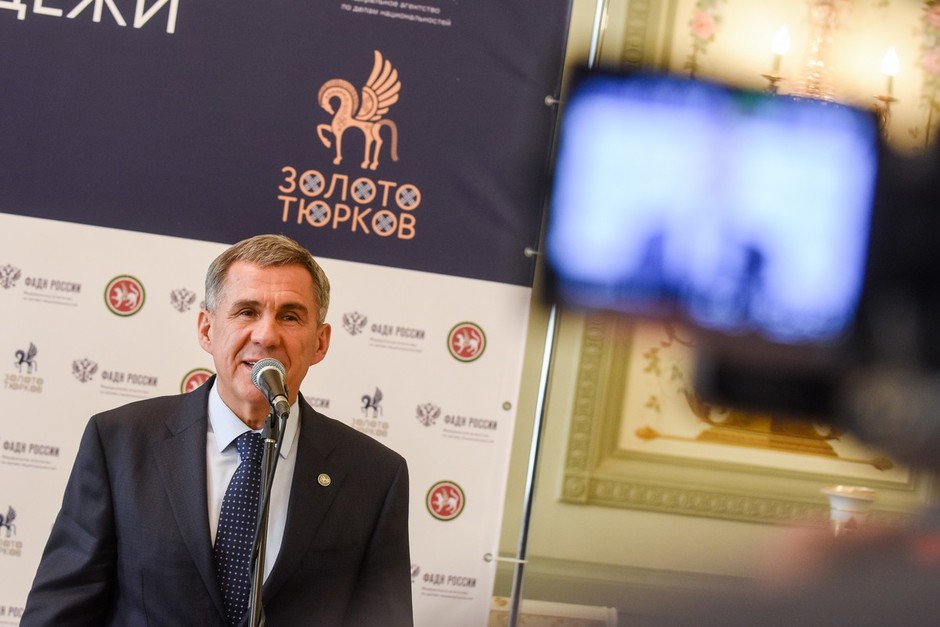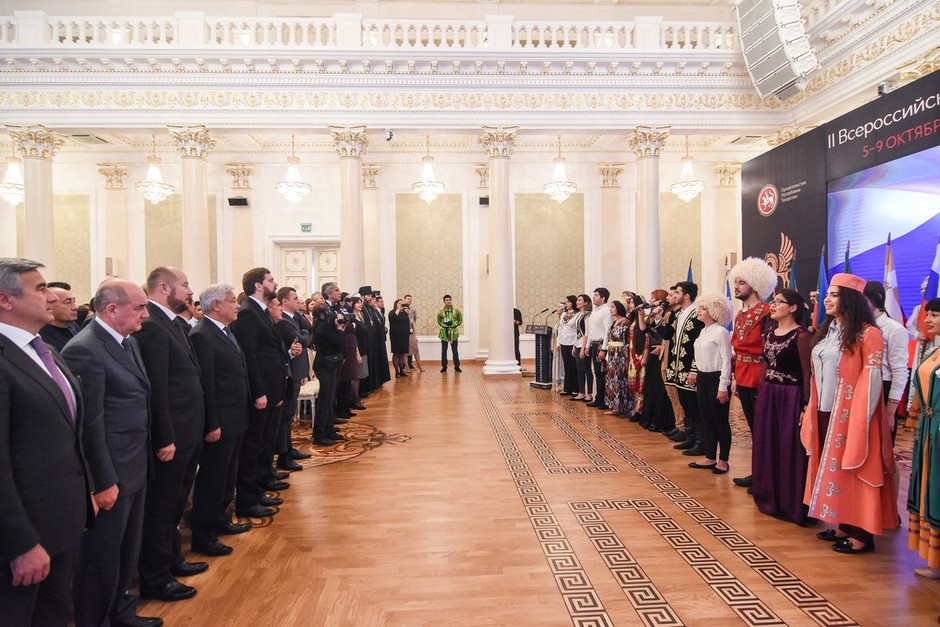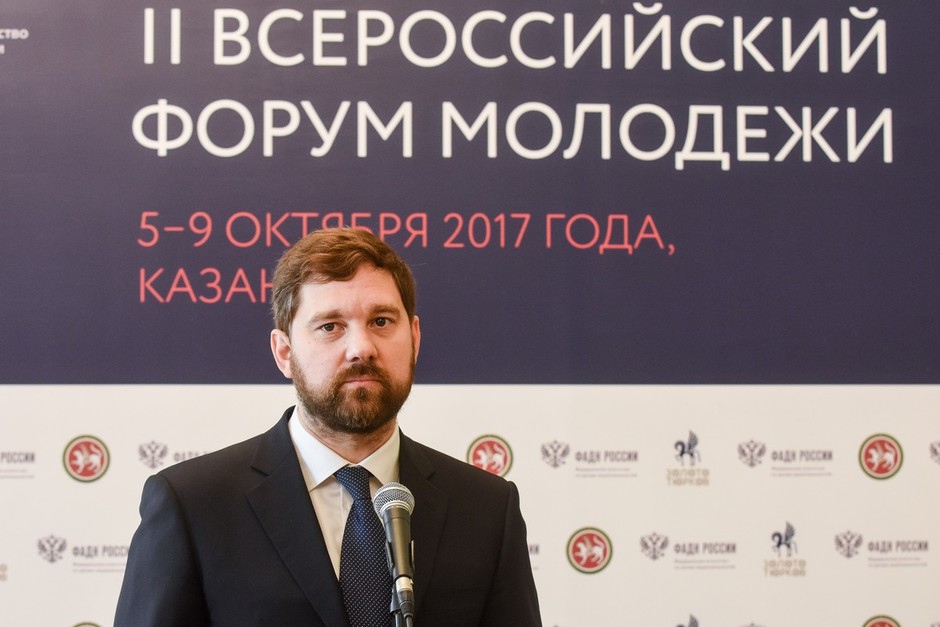Rustam Minnikhanov: ''Altai is the centre of all Turkic peoples''
Russia does not want the Turkic factor drifted in the direction of Ankara
The 2nd All-Russian youth forum The Gold of the Turks has recently taken place in Kazan. Many well-known politicians, show-business figures and other experts came in the capital of Tatarstan as mentors for the youth. Why the Kremlin has become interested in the Turkic theme and where is the ancestral homeland of the Tatars – read in the material of Realnoe Vremya.
The future of the Turks
The 2nd All-Russian youth forum The Gold of the Turks has recently finished in Kazan. The capital of Tatarstan took the baton from Ufa, which conducted this event in April last year.
The second forum was attended by 150 representatives of Turkic youth from 14 regions of Russia. The format of the event included the educational program, workshops, interactive sessions, creative sessions and so on. The mentors of the young people were well-known Russian experts such as a producer of Fabrika Zvyozd [a Russian television talent show that aired on Channel One from 2002 until 2011 – editor's note] Lina Arifulina, chairperson of the Association for development of hostels Roman Sabirzhanov, an actress Olga Spirkina, a producer Peter Ploskov, deputies of the State Duma Nikolay Valuev and Ildar Gilmutdinov, Head of Administration for CIS Affairs of Federal Agency Rossotrudnichestvo Sergey Malenko, a cosmonaut, Hero of Russia Sergey Revin and others.
''I think the forum has turned out well,'' noted Head of the Federal Agency for Ethnic Affairs Igor Barinov at the closing ceremony. ''Despite the fact that it has been conducted just for the second time, the agency has conducted it for the first time, it was ''test of the pen''. Next year we will do it even more interesting and efficient.''
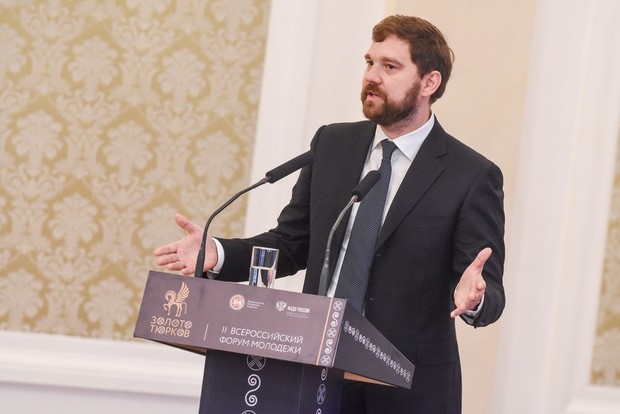
Igor Barinov: ''The Turkic peoples have the future, including of their culture, language and traditions''
He finished his speech with the poem by Ğabdulla Tuqay Consciousness (''We were pure in our souls''), telling it by heart and eliciting a storm of applause from the audience.
At the media scrum, the head of the agency for ethnic affairs drew attention to the importance of preserving the culture and customs of the peoples of the country.
''The Turkic peoples have the future, including of their culture, language and traditions,'' he concluded.
Where is our ancestral homeland?
President of Tatarstan Rustam Minnikhanov expressed gratitude to the organisers for holding the forum in the republic. He noted that the feature of the region was a thousand-year interaction of different cultures and religions. Advertising his region, he recalled about the international events held in Kazan and the landmarks such as the ''Northern Mecca'' of Bolgar with the Islamic Academy, the town-island Sviyazhsk, the Kazan Kremlin and others.
''Undoubtedly, each of you can do a lot for your people and overall development of our country. This is particularly important in the context of the challenges and risks of our time. Under the leadership of our national leader Vladimir Putin everything is achievable,'' said the president of Tatarstan.
After the official ceremony, Minnikhanov in an interview with the media said about the historical ancestral homeland of the Turks.
''For the Turkic peoples of the Russian Federation, it is clear that Altai is the centre of all Turkic peoples,'' he added. ''We should preserve our history, culture and customs. We are interested to know how projects are being implemented in other regions.''
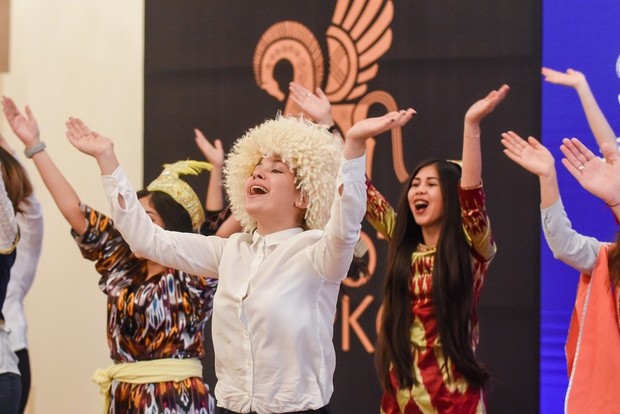
''Not Valuev but Valeyev''
By the way, Rimzil Valeyev, a journalist and co-chairperson of the council of the Federal National-Cultural Autonomy of the Tatars, was pleased with the event. As he confessed, he was impressed by the participation of Barinov, who openly talked with the youth, answering all their questions. He also liked the communication of the youth with Nikolay Valuev, who has Tatar roots.
''Perhaps, this bogatyr is not Valuev but Valeyev,'' joked the activist in an interview with Realnoe Vremya, noting that the actions of the state bodies are sometimes perceived with hope (''they will save us, we will have a ''backing'' and lobbyist'').
He called the attention of the state to the Turkic youth a good sign because it is wrong to leave them alone with their problems.
''But some imaginary suspicion in respect of the Turkic and Finno-Ugric peoples takes place in the bodies of state power. At the time, the terms pan-Turkism and pan-Islamism were introduced with the aim of repression of the peoples, the suppression of contacts with representatives of the Turkic nations living in other countries. Perhaps, Russia tries to softly compete with Turkey, which has more cultural and historical facts, Turkey allocates on this huge money.''
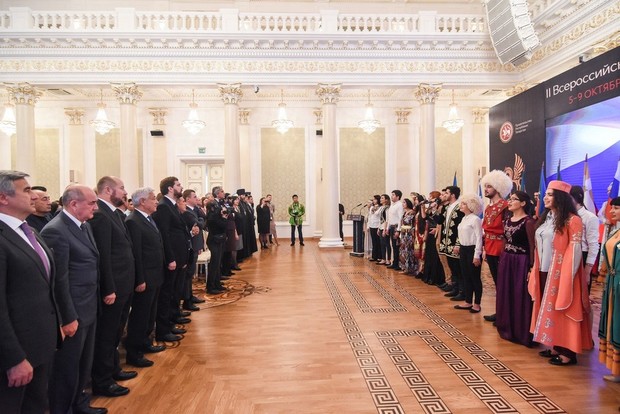
How Moscow tries to lead the Turkic movement
The co-chair of the Federal National-Cultural Autonomy of the Tatars remembered the international organization of Turkic culture Turksoy, from which he received the award. He complained that Russia broke off ties with the organization.
''There should be no contradictions between our countries,'' said the interlocutor of the edition. ''We cannot isolate ourselves from these countries, we should not inflate the myth of pan-Turkism. We should not be afraid, and the monopoly on Turkism should not be given to individual countries.''
Along with this, an ethnopolitical expert Ildar Gabdrafikov called the attempt by Russia to lead the pan-Turkic movement as quite understandable.
''Probably Moscow, defending its geopolitical interests, tries to manage these processes,'' the expert said in the interview with Realnoe Vremya. ''The Kremlin suspects that pan-Turkic sentiments may appear in the country, including with the support of Turkey. The federal centre tries to keep this Turkic factor under control, especially in the sphere of youth policy. Russia does not want the Turkic factor drifted in the direction of Ankara.''
Besides, Gabdrafikov reminded that the Russian Empire quite successfully used the Tatars to advance to Central Asia, the Muslim world and for the conversion of Turkic peoples to their citizenship. In their turn, the Tatars considerably helped Russia to promote its interests.
